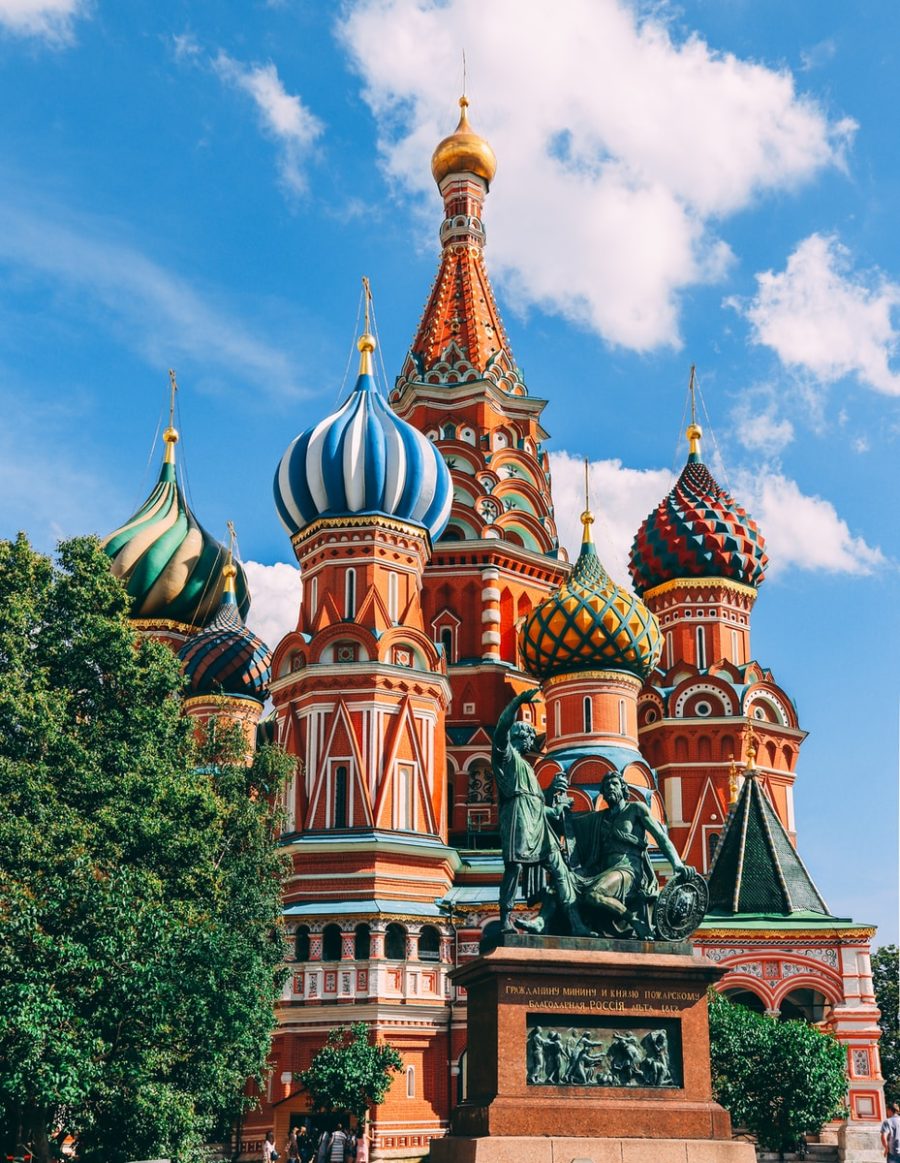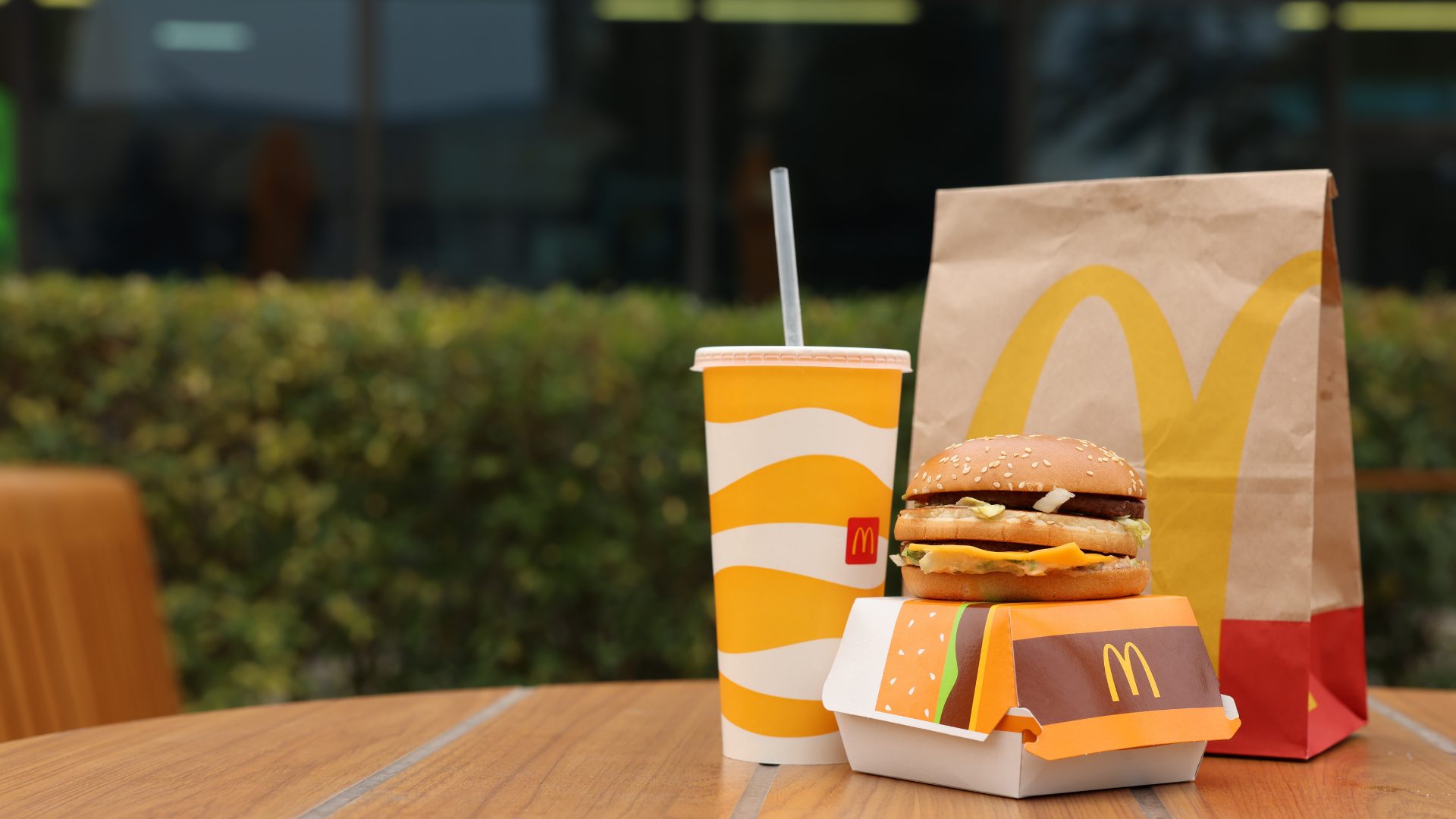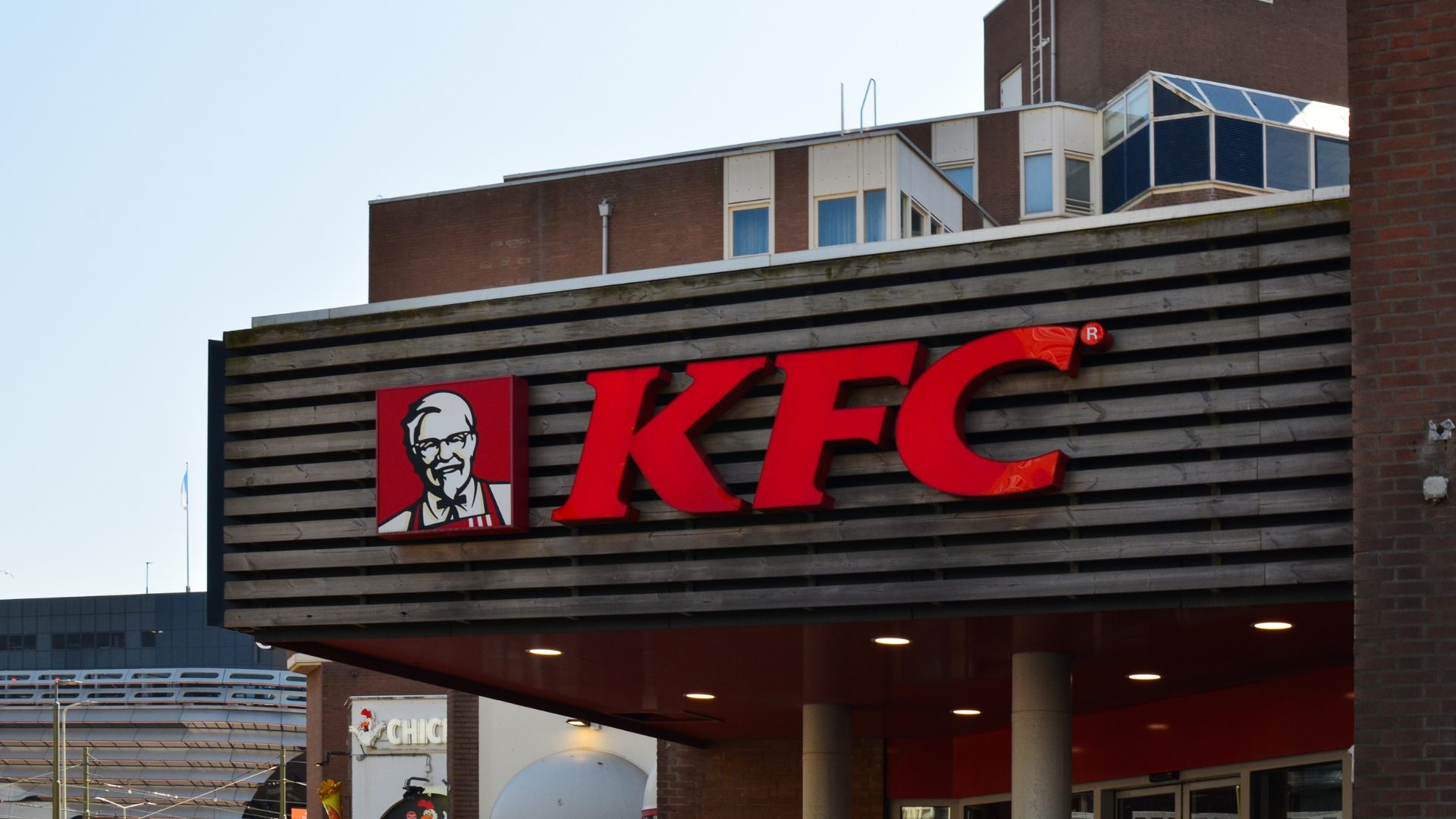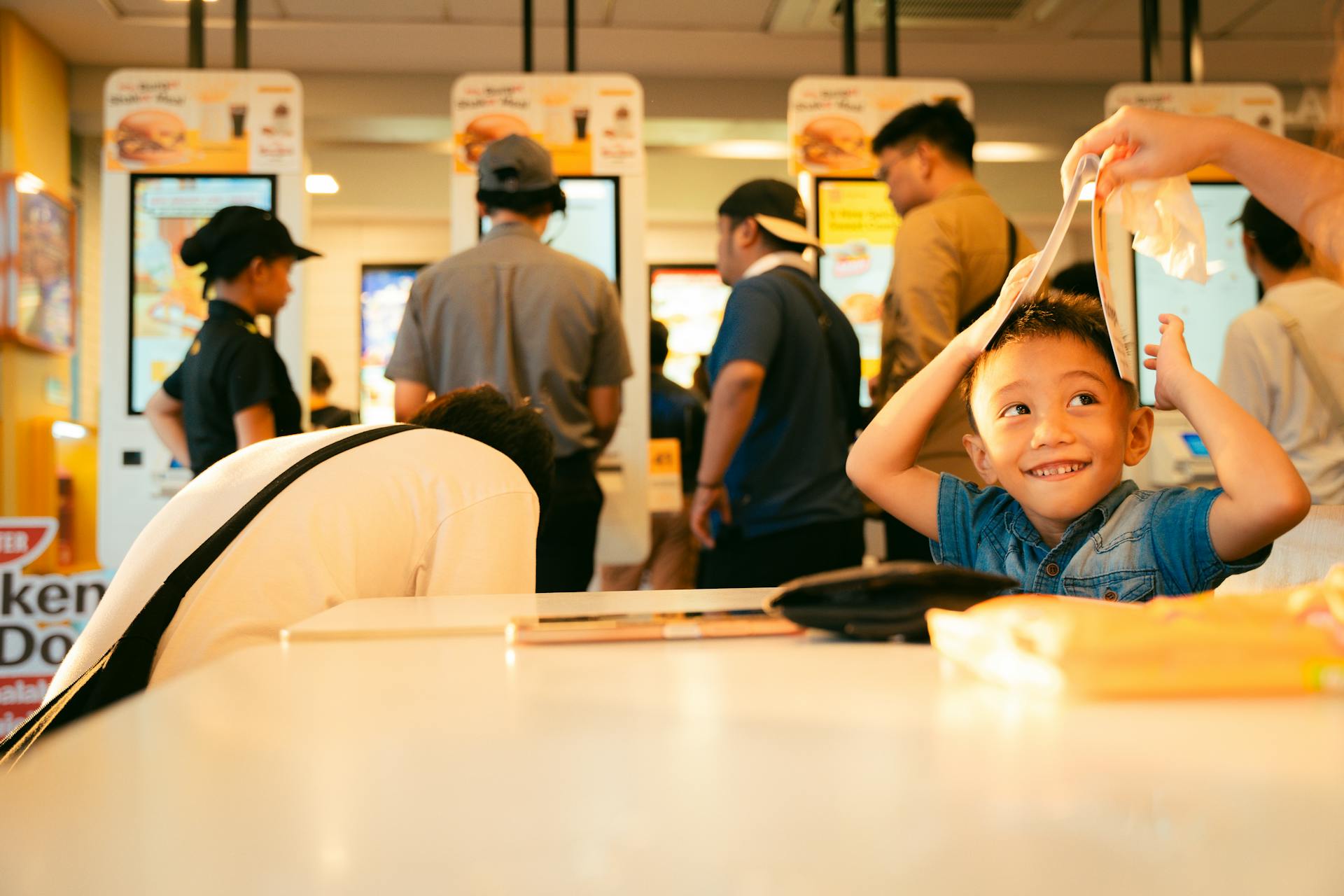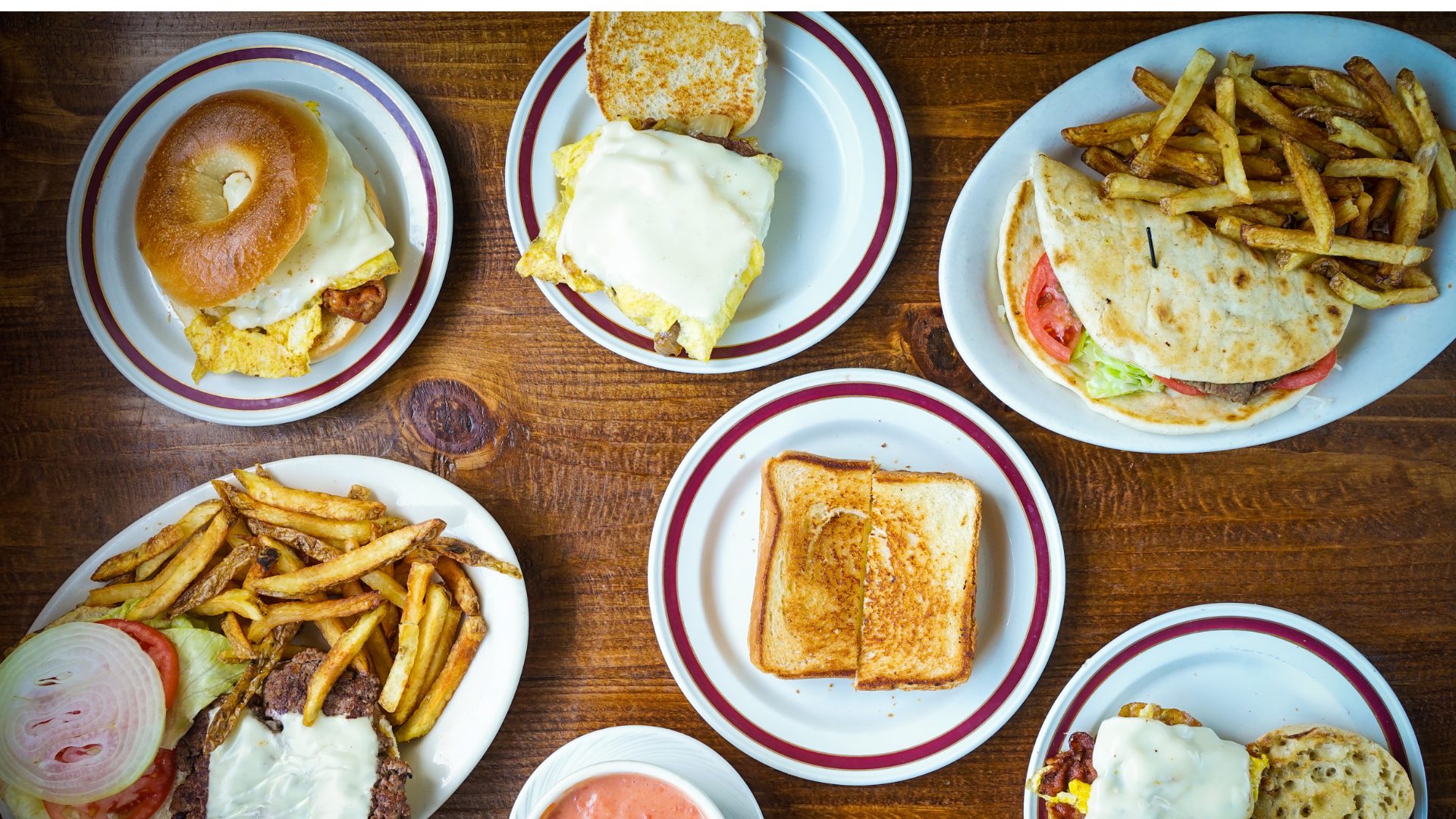Burger giant McDonald’s led the way among fast-food chains, suspending operations in Russia less than two weeks after the Kremlin began its invasion of Ukraine and the West began imposing sanctions on Moscow.
The likes of Burger King, Starbucks and Pizza Hut rapidly followed.
Since then, other companies have scaled back to suspended operations, including Eli Lilly, Novartis and AbbVie, the Associated Press reported (March 15). Other companies ranging from BP to Cargill also are taking action amid threats from the Kremlin to nationalize assets, the Wall Street Journal reported (March 11). Also in the fray are rapid-delivery services Buyk and Fridge No More, Business Insider reported.
Will companies reinvest in Russia once the conflict is resolved?
“Companies’ likelihood or willingness of resuming operations in Russia entirely depends on the manner in which the war is resolved,” David Pring-Mill, founder of Policy 2050, told The Food Institute. “There are scenarios in which Russia itself loses its assets in what amounts to a free-for-all or national garage sale, which is what gave rise to this problematic Russian oligarchy just a few decades ago.”
McDONALD’S CONUNDRUM
Western businesses saw billions of dollars in opportunity when Moscow opened its doors to investment following the collapse of the Soviet Union. The Russia Briefing from Dezan Shira & Associates put U.S. investment in Russia at nearly $100 billion as of September 2021.
McDonald’s, which has 850 locations in Russia, opened its first site in January 1990 to an hourslong line in Pushkin Square of some 30,000 people. McDonald’s, it also should be noted, recently shuttered 108 restaurants in Ukraine.
“We understand the impact this will have on our Russian colleagues and partners, which is why we are prepared to support all three legs of the stool in Ukraine and Russia. This includes salary continuation for all McDonald’s employees in Russia,” McDonald’s said in announcing its decision, noting it has 62,000 employees in the region.
McDonald’s CFO Kevin Ozan told the UBS Global Consumer and Retail Conference the company estimates it will cost $50 million a month to keep its doors closed, CNBC reported (March 9).
Together, Russia and Ukraine represent 2% of McDonald’s sales, CNBC said.
YUM BRANDS, BUYK RESPOND
“Even before the Russian invasion and economic backlash, products from multinational fast food and consumer goods companies were often at the center of two opposing trends in the Russian market,” said Pring-Mill. “Categories were moving toward healthier reformulations and Russian influencers were playing a role in the importation of Western trends while products with a more traditional or even Soviet-nostalgic appeal also strongly resonated.”
Yum Brands – home to Pizza Hut and KFC – has more than 1,000 Russian restaurants. Papa John’s, which supplies restaurants bearing its name but doesn’t own or collect royalties from the locations, suspended its supply chain for the restaurants.
Unlike McDonald’s, most fast-food brands in Russia operate on a franchise basis, the Spanish news website AS USA reported (March 13).
On the fast-delivery side, the situation has had Buyk scrambling for bridge financing so that it can pay its employees, Business Insider reported. Retail consultant Brittain Ladd told the Insider the closures of Buyk and Fridge No More are a “wake-up” call for the sector.
“The days of easy capital raises are over,” Ladd said.


